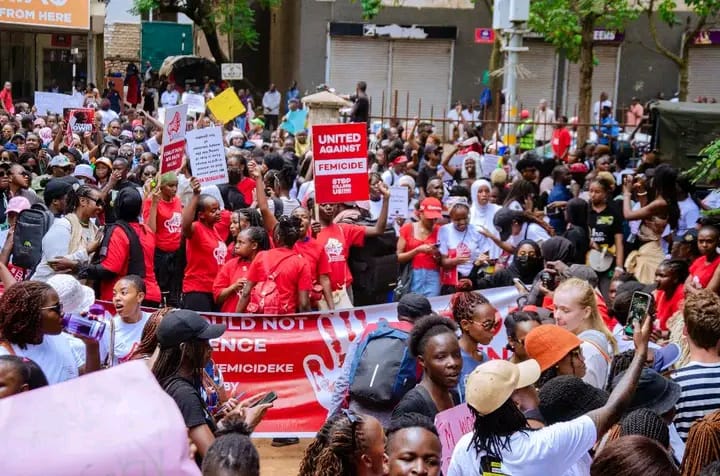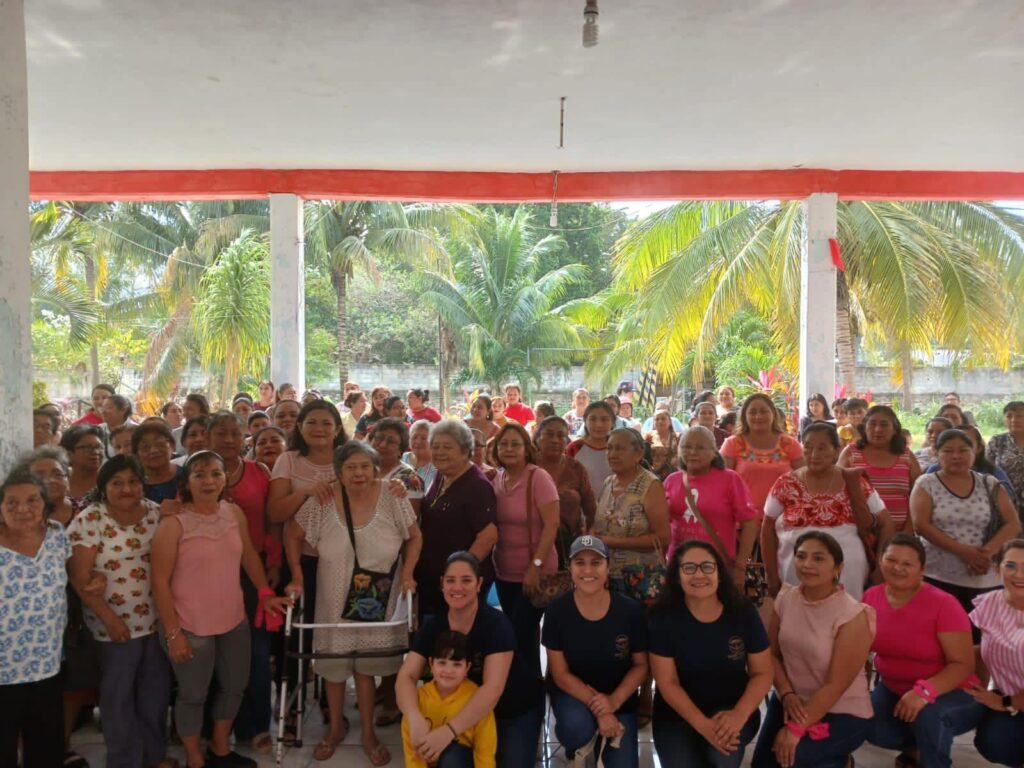Local Women Leaders: The ‘Unsung Heroes’ of COVID
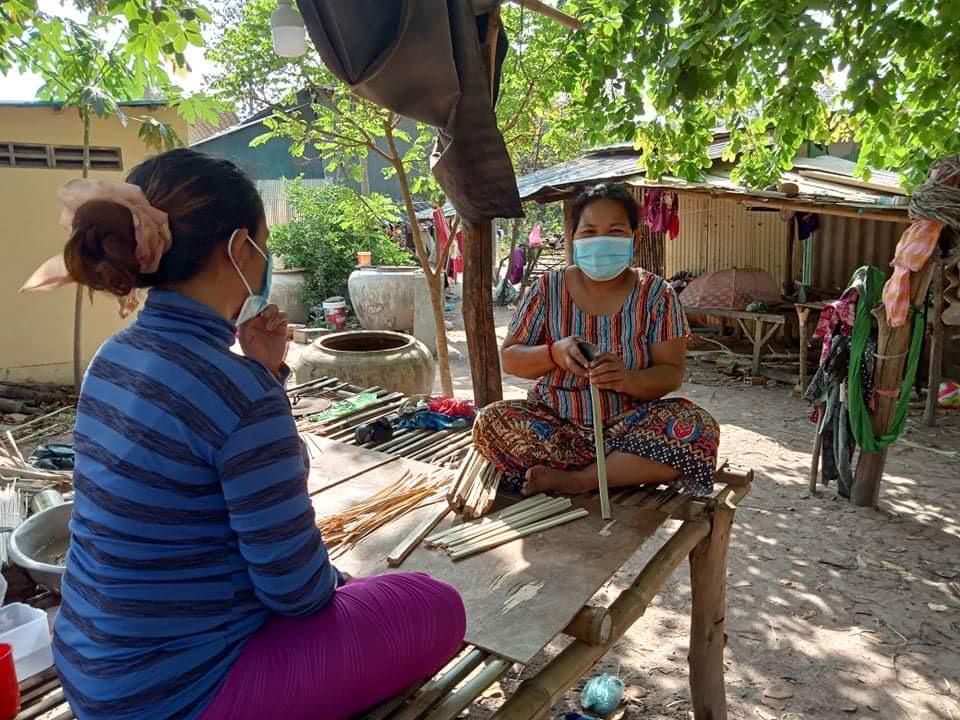
The world’s largest gathering on women’s rights concluded last week, bringing together more than 10,000 leaders from national governments, global development agencies and funders, and women’s organizations for the 65th Commission on the Status of Women at the United Nations, held virtually.
This year’s Commission focused on two key themes: eliminating violence against women and ensuring women’s full participation in public life.
Both issues have been made worse by the still raging COVID-19 pandemic.
Worldwide, closures of schools and health clinics have shuttered safe spaces for millions of girls and women. And national laws that kept women and men at home, restricted their mobility, and devastated livelihoods have contributed to a “shadow pandemic” of violence against women, according to the World Health Organization.
“In the case of Mexico, all evidence pointed to an 80 percent increase in gender-based violence during the initial months of the pandemic,” said Teresa Shields of Centro Mujeres A.C., during a March 24 panel co-sponsored by WomenStrong and Raising Voices that was held in tandem with the UN meeting.
The panel, Community-based Approaches to Addressing Violence Against Women During Times of Heightened Risk, brought attention to the responses, resiliency, and urgent needs of feminist organizations as they address gender-based violence during the COVID crisis.
Community-based Approaches to Addressing Violence Against Women During Times of Heightened Risk
Watch the full webinar:
More Highlights From the Panel
The government of Mexico initially denied the surge in violence during the pandemic and ignored the disproportionate impact of its shutdown policies on women, Ms. Shields said.
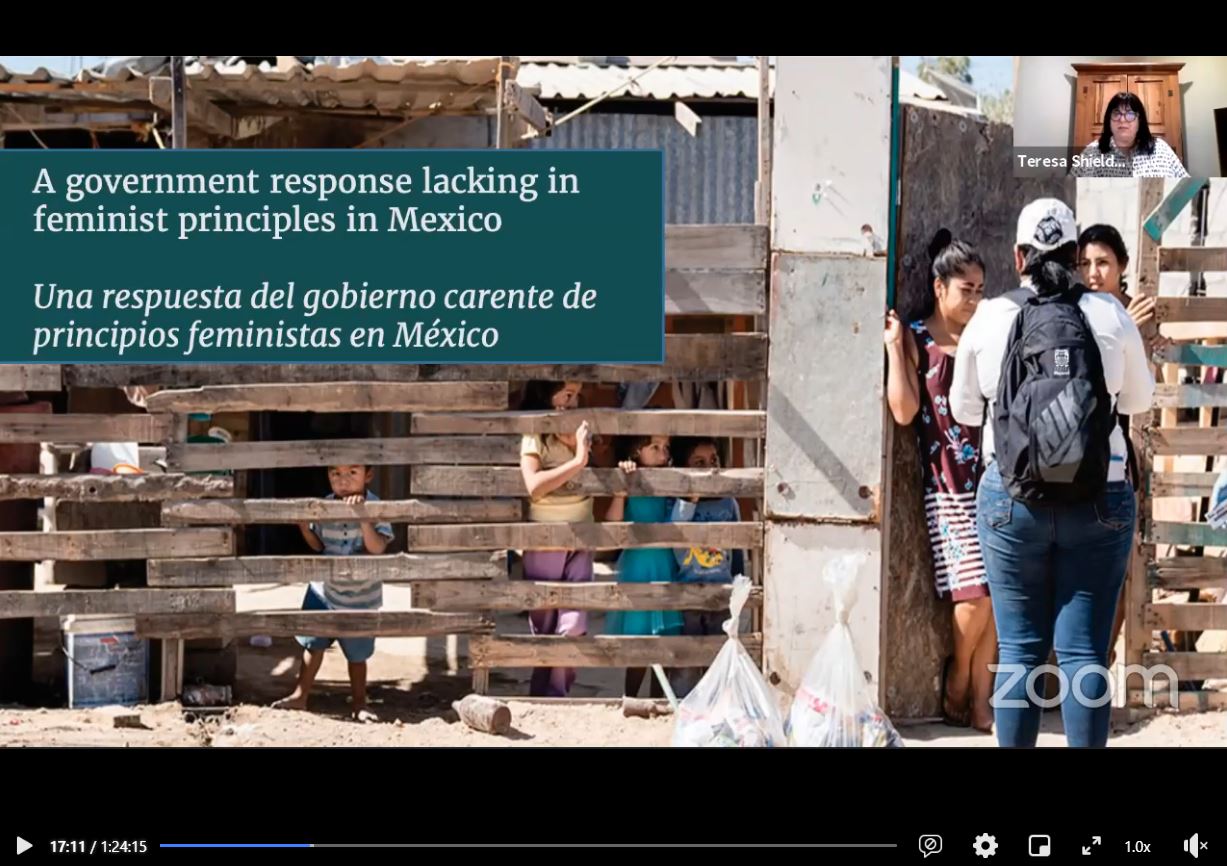
“The statewide response was a one-size-fits-all approach that did not take into account the impact of the pandemic and how it had not fallen equally as women took on an increased burden in their roles as caregivers and teachers…nor did the response address the dramatic surge in domestic violence.”
It was a story that was all too familiar to her co-presenters, Tina Musuya of the Center for Domestic Violence Prevention in Uganda, and Sopheap Ros of Gender and Development for Cambodia.
In Uganda, the government quickly closed all services except for what was deemed to be critical healthcare, which did not include maternity services or emergency shelters for women. In Cambodia, laws passed to restrict people’s movement did not account for women’s needs; women, especially migrant women, were often quarantined in unsafe urban housing, together with men. And, with few exceptions, governments worldwide overlooked COVID’s economic costs on women, from the increased burden of family care that was needed to the disproportionate loss of women’s jobs in the workforce.
“Our government’s response was gender-blind; women were not involved in the decisions,” Ms. Musuya said.
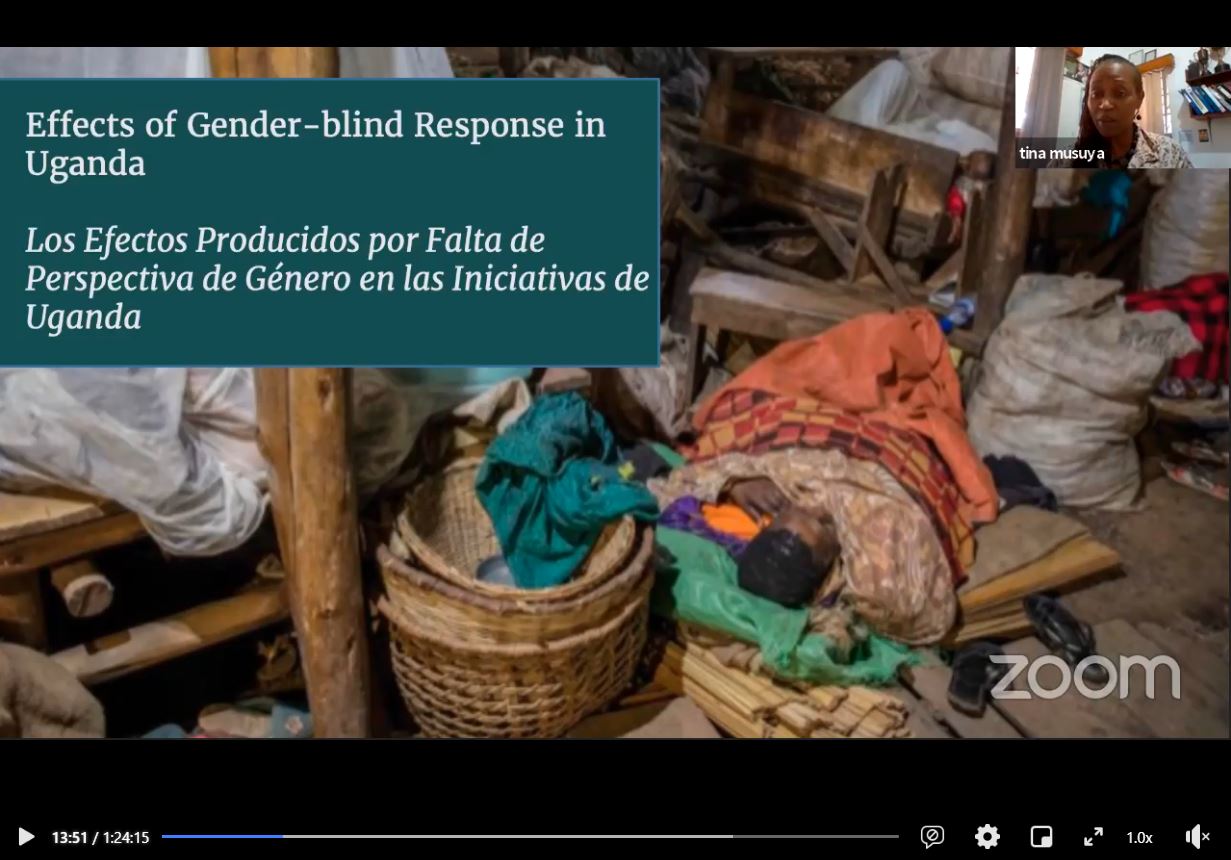
Unfortunately, this story continues to play out across many countries. A recent report by UN Women documented that men currently outnumber women three-to-one across COVID-19 government task forces around the world.
The panelists advocated against harmful policies enacted within Cambodia, Mexico, and Uganda, and their organizations stepped in to prevent violence and fill many gaps in services – a role played by women’s organizations around the world.
They provided lifesaving information in local languages on how to prevent COVID transmission, and even provided emergency financial and food assistance, when the loss of livelihoods caused family hardship. With rates of violence increasing, these groups also stepped up their violence prevention and response efforts by reaching women and men at food distribution points to talk about prevention, adapting materials with tips to deal with family and relationship stresses during the lockdowns, and offering safe rides to sexual assault and domestic violence services, when needed.
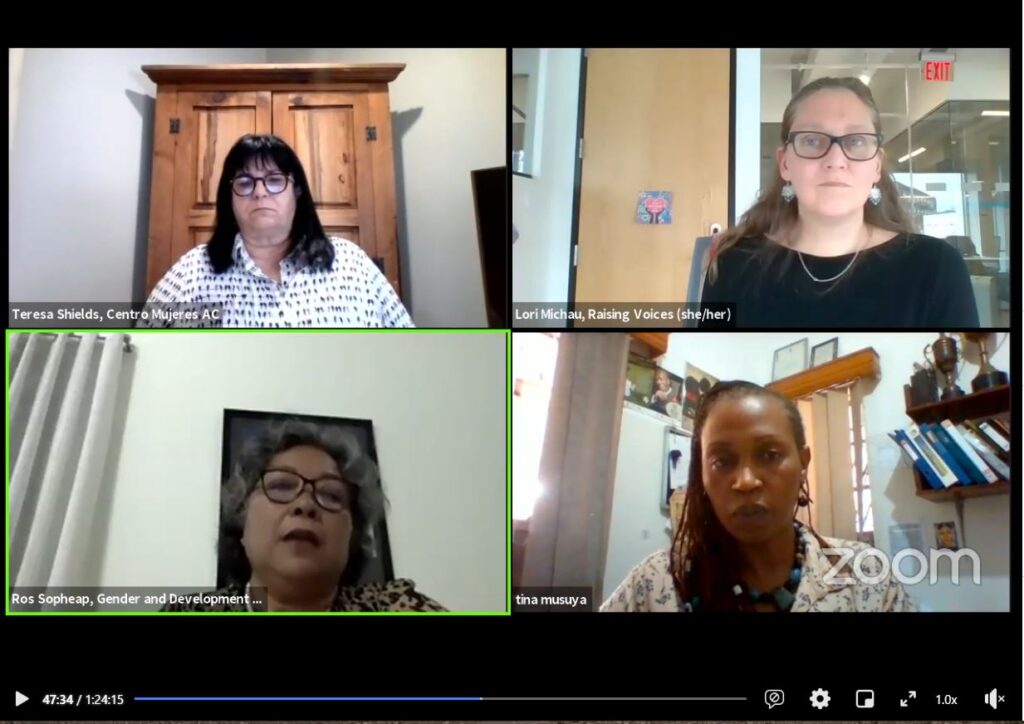
Through it all, these community-based women’s organizations also filled another critical need: connecting with women stuck in their homes to check in on their safety and emotional wellbeing.
For example, Sopheap Ros said that in Cambodia, her organization pivoted to mobilize its network of women leaders through the WhatsApp and Signal apps, once in-person gatherings were no longer safe. These leaders, who were known in their neighborhoods, were deployed to check in on women by visiting families at their doorstep, from a safe distance.
“They would stop by in front of a house and talk from a distance to ask ‘How are you? Have you been to the farm today?’ to create conversation and make sure the community felt connected,” Ms. Sopheap explained. And then, if they noticed violence happening in the home or discovered other needs, they would reach out to local authorities.
Connecting to women. Listening to their needs. And then advocating with local, regional, and national authorities to respond. It’s a critical role that women’s organizations have played, time after time.
“Even amidst such uncertain times, feminist and community-based organizations have stepped up and are the unsung heroes in this time,” said Lori Michau, Raising Voices’ co-founder and the panel’s moderator.
What more can be done?
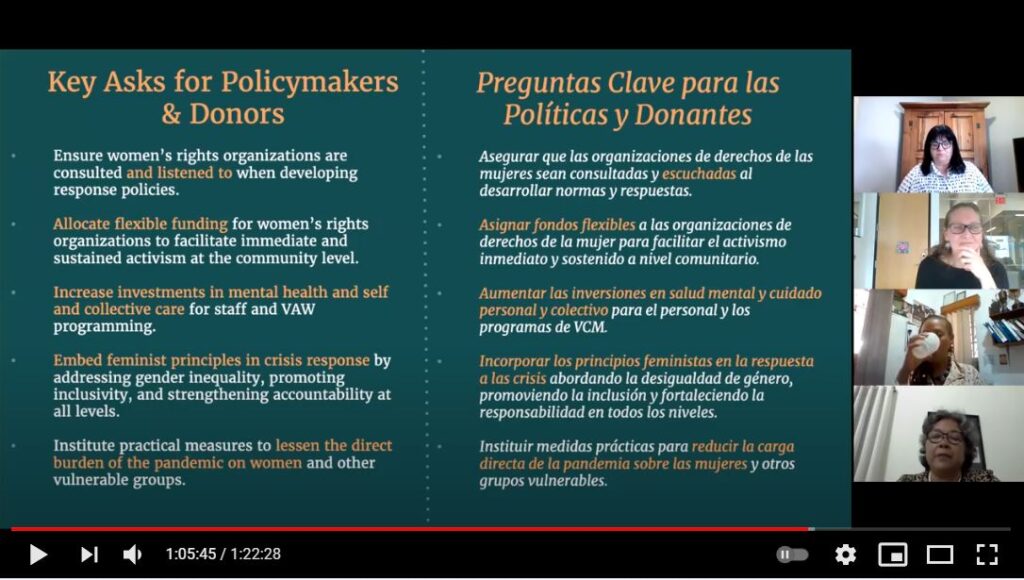
Together with Ms. Shields, Ms. Ros, and Ms. Musuya, WomenStrong and Raising Voices developed a set of recommendations for donors and policymakers to ensure that responses to COVID address women’s needs and prevent further harm. These recommendations include:
- Ensuring that women’s rights organizations are consulted and listened to when developing crisis response policies.
- Allocating flexible funding for women’s rights organizations, to facilitate immediate and sustained activism at the community level.
- Increasing investments in mental health, and self- and collective care, for staff and for gender-based violence programs.
- Embedding feminist principles in crisis response by addressing gender inequality, promoting inclusivity, and strengthening accountability at all levels.
- Instituting practical measures to lessen the direct burden of the pandemic on women and other vulnerable groups.
“We need policies to respond to women’s perspectives,” Ms. Ros said.
Beyond the panel, UN agencies and world governments at the Commission on the Status of Women drafted a blueprint featuring commitments to accelerate progress to ensure women’s participation in public life, and address violence against women.
The blueprint includes measures to eliminate, prevent, and respond to all forms of violence against women and girls in public and private spaces; to end impunity of perpetrators; and to support victims and survivors’ full recovery, for instance, through access to psychosocial support, affordable housing, and employment.
More information on the outcomes from the 65th Commission on the Status of Women is available on the UN website.

